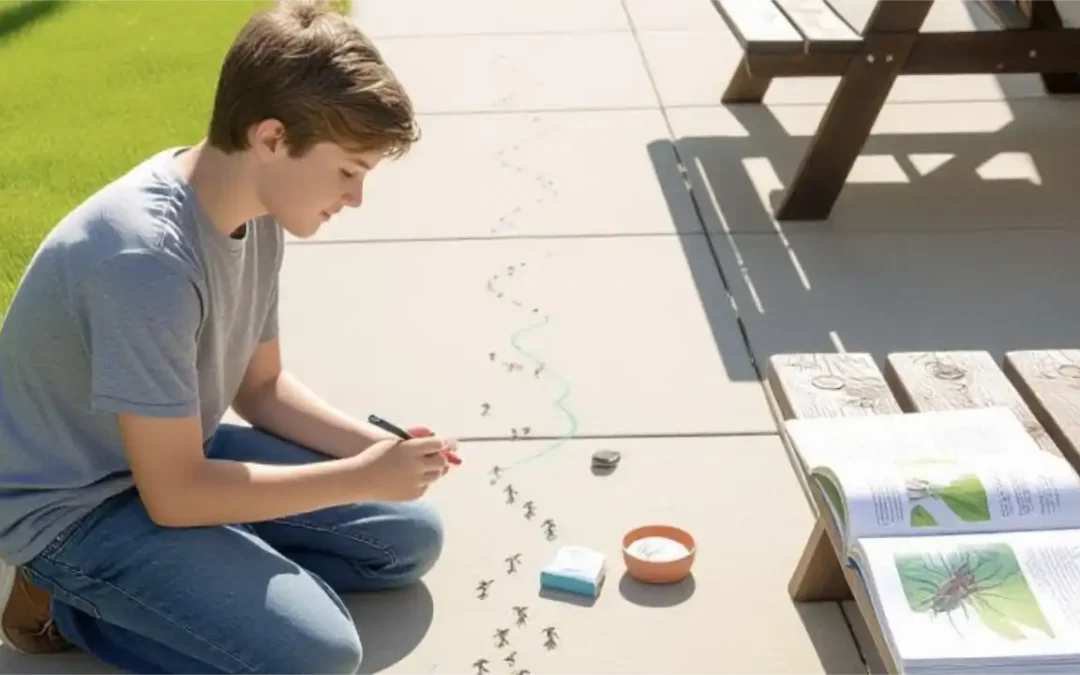
Encouraging Curiosity: Model Growth by Changing Your Mind
K
ids don’t just learn from what you know. They learn from how you revise. When they see you pause, rethink, and say, “You know what? I’ve changed my mind,” it rewires how they view mistakes—not as shameful, but as stepping stones. Modeling intellectual humility shows that strong thinkers aren’t rigid. They’re responsive. It teaches kids that the goal isn’t to always be right—it’s to stay open to what’s true.
One morning, I told my son we didn’t have time for a detour on the way to school. He pointed out the road was empty and we had five extra minutes. I paused, did the math, and said, “You’re right—let’s go.” His grin wasn’t just about the detour. It was about being heard, and about seeing me update my decision based on reason. Later that week, when I asked him about a book he’d dismissed before, he said, “Maybe I judged it too fast. I’ll try again.” That moment felt small—but it told me he was watching more than my answers. He was watching my process.
Make space to narrate your changes. When you shift a rule, revise an opinion, or realize a better way, say it aloud: “I thought this—but now I see that…” For younger kids, use light examples: food, plans, puzzles. For teens, bring in ideas—politics, values, past views you outgrew. These moments show them that changing your mind isn’t weakness. It’s growth in motion.
Encouraging Curiosity

Encouraging Curiosity: Build Boldness
Confidence grows when children take risks and try new things. Learn gentle ways to encourage bravery, courage, and resilience.

Encouraging Curiosity: Chase Exploration
Children develop confidence by exploring freely. Support adventures, new experiences, and playful discovery in daily life.

Encouraging Curiosity: Model Curiosity with Diverse Ideas
Show your child that curiosity is a strength. Share new ideas, cultures, and perspectives to inspire wonder and open-minded thinking.

Encouraging Curiosity: Spark Questions
Invite children to ask open-ended questions every day. Curiosity grows when their wondering is welcomed and explored with patience.
Table of contents

Primordial Soup for the Mind: Navigation
Navigate the book Primordial Soup for the Mind.
TIPS
- Say “I was wrong” calmly and without embarrassment.
- Explain how new evidence or ideas shifted your thinking.
- Praise your child when they revise a view after reflection.
ACTIVITIES
- Revision Game: Share something you used to believe (as a child or recently) and what changed.
- Switch Side Challenge: Ask them to argue both sides of a topic—then choose what they believe.
- What Changed?: At dinner, ask everyone to name one small thing they’ve changed their mind about this month.
EXAMPLE
I once told my daughter I disliked a book. After reading a few more chapters, I changed my view—and told her so. She smiled and said, “Good. You grew.”

Download “Primordial Soup for the Mind: A Parent’s Guide to Nurturing Intellectual Growth”
Enter your information to get this article and hundreds more as part of the FREE book Primordial Soup for the Mind.
Share your thoughts with the Thought Academy community in the Comments section below.

Sharpen those skills!
Enter your information to get our FREE practice exercises so you can hone your critical thinking and reasoning skills!







0 Comments